New Zealand boosts parental leave payments starting July

Working parents in New Zealand will receive increased paid parental leave from July 1, with weekly payments rising to NZ$788.66.
New Zealand eases visa rules to attract digital nomads

New Zealand eases visa rules, inviting digital nomads to work remotely for up to 90 days to boost tourism and the economy.
New Zealand to limit unjustified dismissal claims for high-paid employees

New Zealand’s upcoming policy will limit unjustified dismissal claims for employees earning over NZ$180,000, offering more contract flexibility.
Is Singapore ready for a four-day workweek?

Kadence’s Dave Cairns highlights global successes as employers in Singapore grapple with four-day workweek challenges.
More employees in New Zealand delay retirement by two years

New Zealand’s policies encouraging older employees to keep working has led to a rise in the average retirement age.
New Zealand leads the authorship of AI international framework

The framework is the first of its kind aimed at global policy-makers to make decisions regarding AI and its risks.
AI skills set to boost productivity and wages in New Zealand
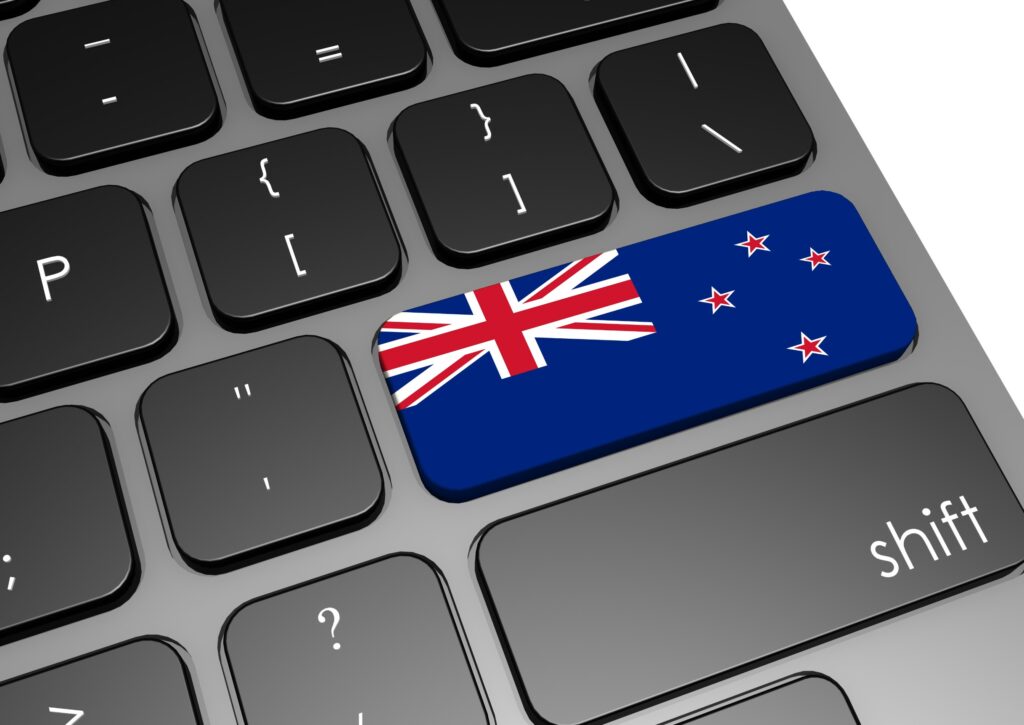
Employees in New Zealand will be expected to use AI in their workplace, yet organisations are unable to hire employees with the required skillsets.
Employees in New Zealand have no desire to progress in their careers

With some employees contented to stay in their current job positions, this is causing a lack of career progression for others.
Flexible work arrangements prevail among organisations in New Zealand

Organisations in New Zealand are embracing flexible work with four out of five offering flexible hours and over two-fifths allowing remote work.
Drinks after work? More Kiwis seek post-work socialising

More Kiwi employees are voluntarily spending time with their colleagues after work for post-work drinks, despite working remotely for long periods of time.
Employees in New Zealand want to work remotely more often
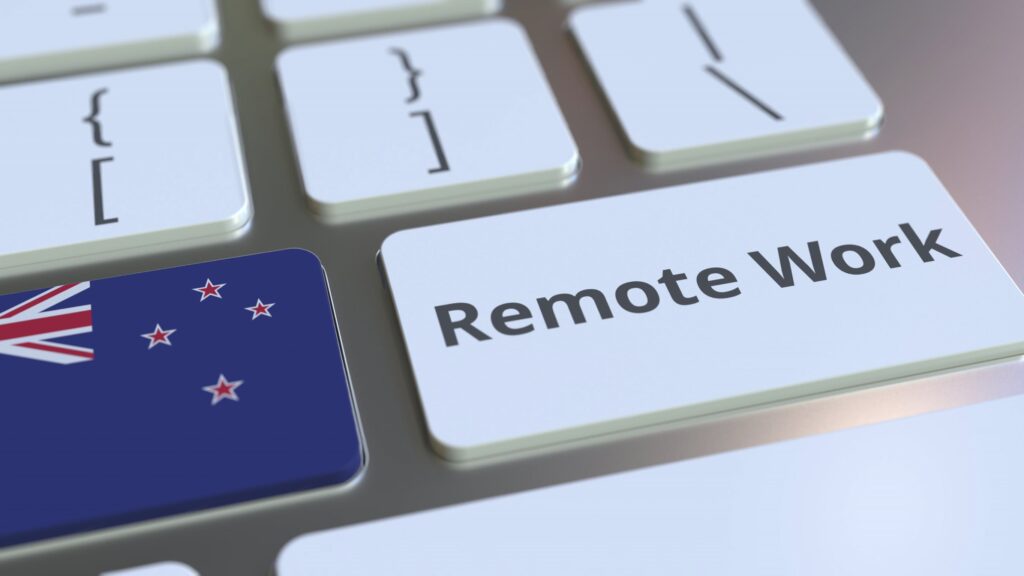
While more employees want to work remotely more often, many cannot do so because of mandated onsite workdays and hesitance from employers.
More employees in New Zealand productive thanks to FWA

A researcher from Massey University attributed the results to the trust and flexibility from managers and leaders, leading to higher productivity and creativity.
Kiwis concerned about employment rights, income
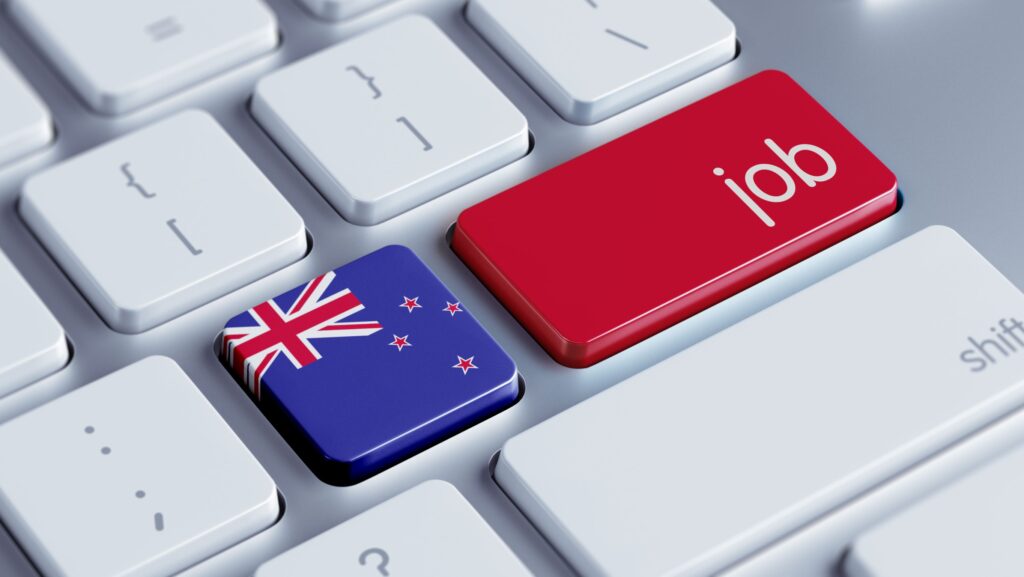
A new survey has shown that Kiwis are worried about employment and their wages under a new government, especially in light of the cost of living.
Eight-hour workday remains most prevalent in New Zealand

Female employees are more likely than their male counterparts to work less than 40 hours in a week, according to Stats NZ.
NZ drives workforce development with Apprenticeship Boost

The initiative has aided 62,000 apprentices and bridged skills gaps while bringing mutual benefits for jobseekers and organisations.
Cost of employee absenteeism hits record high in New Zealand
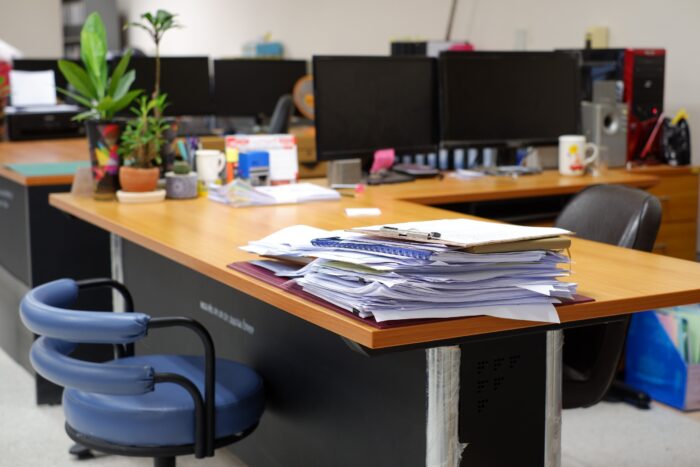
Firms in New Zealand are paying a higher price for employees on medical leave, with the highest increase in absenteeism rates recorded since 2012.
New Zealand mandates gender pay gap reporting

Nearly 900 organisations, each with over 250 employees, are set to disclose their gender pay gaps under new regulations.
More enter the workforce in New Zealand despite unemployment hike
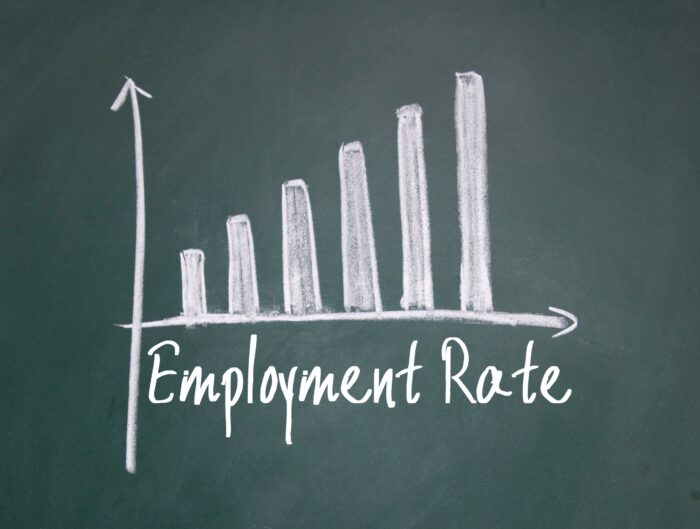
Both unemployment and employment rose in the June quarter as the proportion of people quantified as being available for work increased to 72.4%.
New Zealand advances in gender equality and inclusion

Through initiatives such as Women’s Employment Action Plan, progress continues to be made in women’s education and workforce participation.
Employers in Australia and New Zealand embrace four-day workweek

Successful trials in Australia and New Zealand have demonstrated benefits to health, lifestyle, and work behaviour, said a RMIT professor.
New Zealand to end discriminatory wage law against disabled employees

The government has pledged to replace existing regulation with a wage supplement scheme so disabled employees are paid at minimum wage.
New Zealand’s minimum wage sees historic increase

Over 223,000 employees in New Zealand will benefit from the increase in the minimum wage to NZ$22.70 (US$14.20), including those earning lower income.
Employee retention a priority for organisations in New Zealand

Besides monetary rewards, organisations are also offering more work flexibility in a bid to attract and retain the best talent.
Employees in New Zealand want more WFH opportunities

Aspirations for flexible work arrangements and a better quality of life are motivators for New Zealanders to choose to work from home.
New Zealand small businesses urged to prioritise employees wellbeing

Employees in New Zealand are rallying for increased health and safety protection in small businesses through a new bill.
Driving change: New Zealand Uber drivers initiate collective bargaining

Through a union, over 500 New Zealand Uber drivers are pushing for better pay and working conditions through collective bargaining.
Unilever allows employees to swap public holidays

With the interchangeable holiday policy, employees at Unilever are free to exchange a public holiday for another day that is more significant to them.
New Zealand places 20,000 people into jobs through national programme

As the country embarks on its economic recovery, the Flexi-Wage programme has helped address skills gaps and meet workforce shortages.
Older employees more likely to neglect work-life balance

Compared to their younger counterparts, employees aged 50 and above are more likely to put in extra effort at work beyond regular hours.
Unilever trials four-day workweek in Australian office

For the next 12 months, employees will have the flexibility to choose which day or set of hours is most suitable for them to take off.
